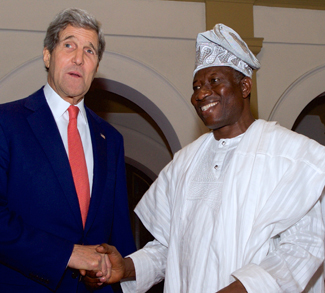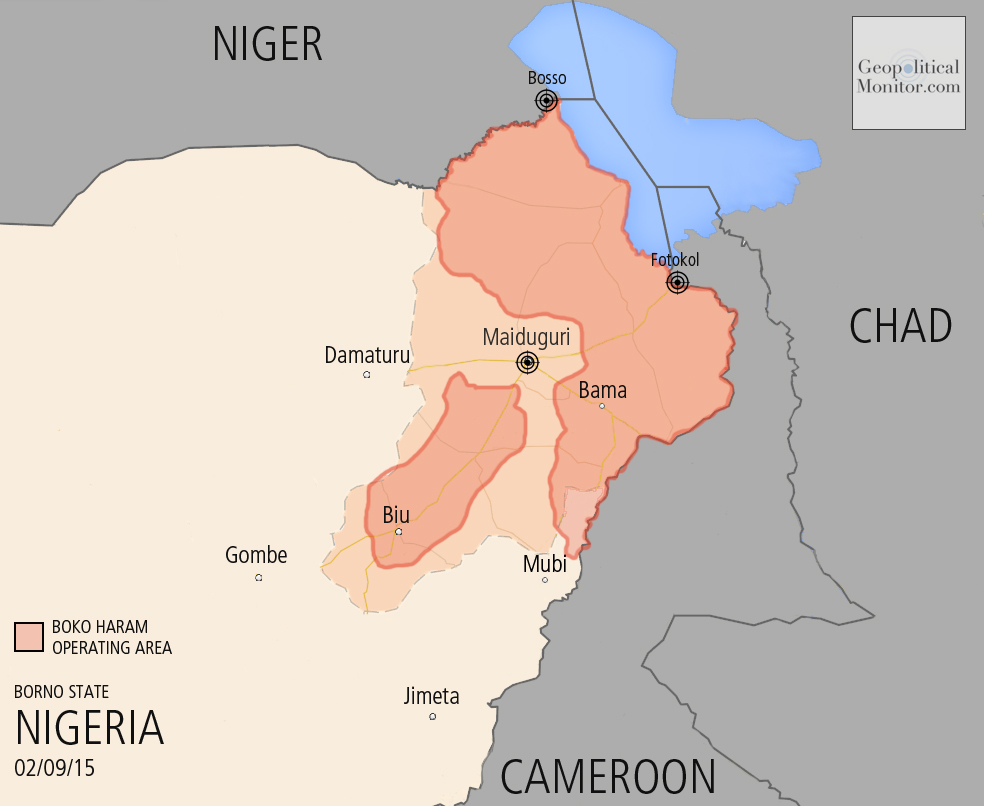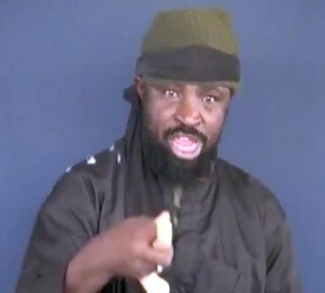Summary
Islamic State has announced that Abu Musab al-Barnawi is Boko Haram’s new leader via Dabiq, the extremist group’s periodical. Al-Barnawi is a relatively unknown former spokesperson for Boko Haram. He replaces the group’s long-serving leader, Abubakar Shekau. The move seems to confirm Shekau’s death, and it suggests that Islamic State and Boko Haram are attempting to boost their level of cooperation.
Impact
There are two major takeaways here. First, the appointment seems to confirm what has been widely suspected for a long time now: Abubakar Shekau, the bombastic and deriding face of Boko Haram, the leader that brought the group to the outskirts of Borno’s capital of Maiduguri, is dead. This in itself is apparently a major victory for the Nigerian authorities.
Second, his replacement was announced not by Boko Haram, but by Islamic State. This is actually a predictable development given the compromised position of the two terrorist groups. Islamic State is reeling in Iraq and Syria, and desperate to hold onto its centrality in the jihadist movement even as it loses ground. Reaching out to new frontiers such as Libya, and playing up Islamic State’s global character (even when one doesn’t exist) are two ways of accomplishing this.
On Boko Haram’s side, the group has lost much of the ground it controlled just one year ago. The election of Muhammadu Buhari in Nigeria has brought with it a string of defeats for the militant group, and Boko Haram has for the most part been driven back to its original hideouts in the expansive Sambisa forest in northeast Nigeria. With its leader presumed dead and suffering defeat after defeat on the battlefield, doubling down with the Islamic State branding is the only play available to the group in its attempt to remain relevant.




